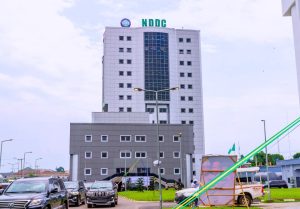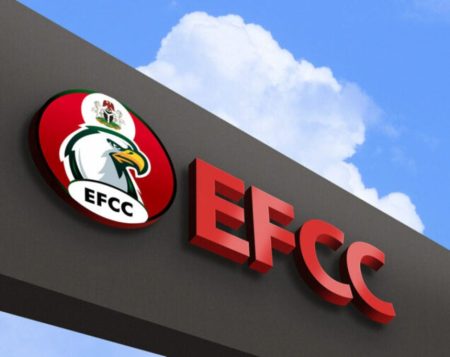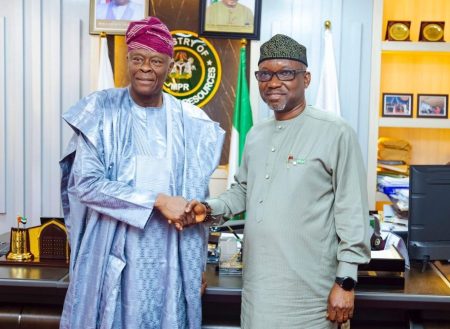 Mkpoikana Udoma
Mkpoikana Udoma
The Managing Director of NDDC, Dr. Samuel Ogbuku, said that all its stakeholders, including the International Oil Companies, traditional rulers, civil society groups, contractors and youths have been engaged in the efforts to fast-track the development of the region.
Ogbuku said that the Commission would henceforth adopt the use of technology in project supervision and monitoring, stating that projects would be geotagged to make it easy for them to be monitored electronically.
The NDDC boss stated that the Commission would not condone substandard projects and warned that payments would not be approved for any contractor that failed to meet specified standards.
He said that apart from deployment of technology in project supervision, he would be personally involved in project monitoring to keep the contractors on their toes, and also expressed displeasure over abandonment of projects across the region and vowed to end the trend.
The Managing Director affirmed that the Commission was strengthening its Public-Private Partnerships and ensuring that its projects and programmes were aligned with the needs and aspirations of the people of the region.
“Public Private Partnerships go beyond the IOCs. We are talking about health, youths and education. We are open to the world, and where our resources cannot reach, the PPP programme will fill in those gaps.
“The PPP is attracting a lot of interests from different organisations and we are studying the proposals we have received, even as we are being careful to make the right decisions for the benefit of our people.
“We have given more opportunities and hope to Niger Delta youths through our Holistic Opportunity Projects of Engagement, HOPE, meant to identify interests of the youths for skills training.”
Ogbuku remarked that the NDDC had developed a new concept of working with the Niger Delta Chamber of Commerce in the training of youths and young entrepreneurs in the Niger Delta region. He explained that the Commission would collaborate with the Chamber of Commerce to support Small and Medium Enterprises in the region and ensure the sustainability of youth development programmes.
The NDDC boss observed that many organisations were now discussing with the Commission in different areas of partnership, noting that this could only mean a vote of confidence from them.
On the way forward for the Commission, he identified two key priorities for progress: establishing a robust Corporate Governance structure that fosters accountability and transparency, alongside the development of clear and measurable Key Performance Indicators to track progress towards goals.
“We have been engaged in building a sustainable foundation to ensure that we run on a smooth and right track. We are working to put in place a seamless system that will enable the Commission run in accordance with global best practices.
“Once there is a good Corporate Governance structure, the system is stable and reliable. That means you must be subjected to the processes and procedures. That is the game changer for us. We want to regulate ourselves internally to help in building trust. KPMG, a reputable global business consultancy, is already working with us in this regard.”



